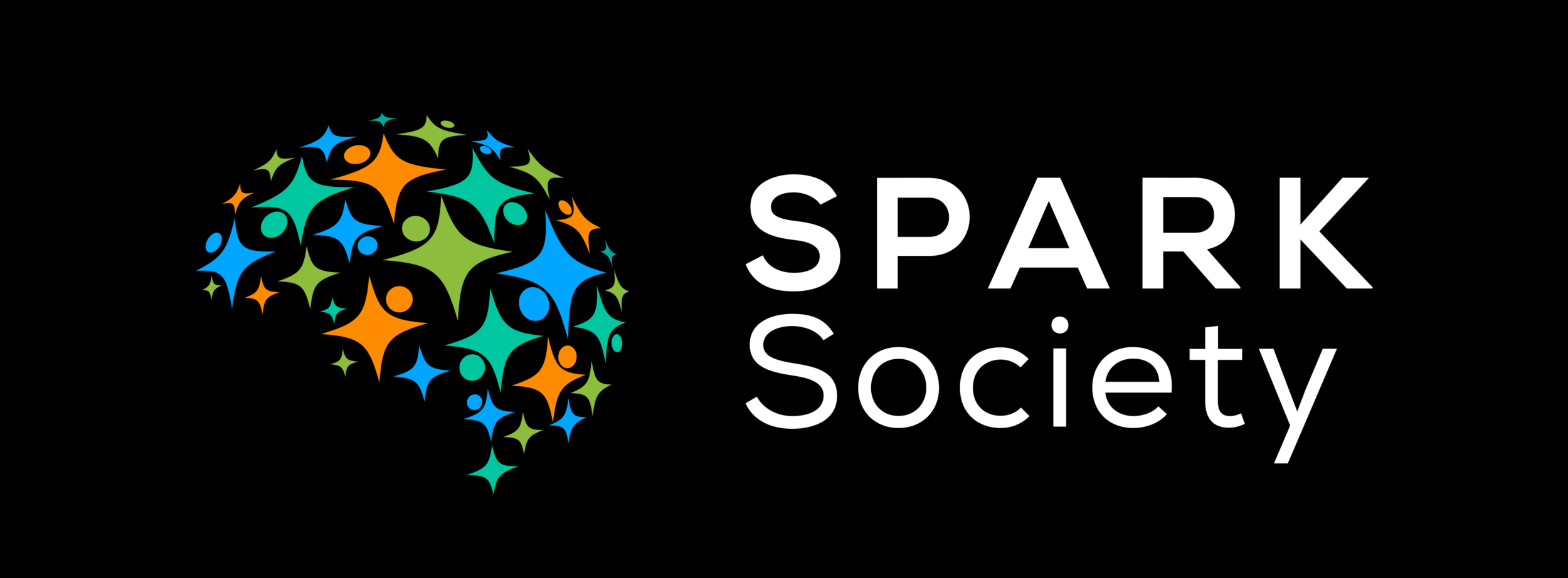Gia Macias is a second year PhD student at Purdue University studying attention and memory under Darryl Schneider.
GIA Macias - PURDUE UNIVERSITY
How did you become interested in cognitive science/psychology?
I was going to be a school psychologist, but when I transferred from community college to my four-year university (California State San Bernardino), I took part in a summer bridge program. I took cognitive psychology and it was amazing. I was fascinated when I learned we could design experiments to study attention and memory. He said that his mom asked what he does and he pointed to a chair and said “What’s that?” She answered “It’s a chair” and he followed up with lots of questions to ask how she knows that. I was hooked after that example.
What is the focus of your research?
My focus is on reading and how interruptions affect it. We are looking at whether similar (words) versus dissimilar (numeric) oddball tasks impact returning to reading in the same way.
What aspects of your work do people get really excited about?
I, and others, get excited about how these results may have educational or therapeutic impacts.
Where do you see your research going over the next few years?
The possibilities are endless because the interruption research is fairly exploratory and there are many places to take it. I want to stay in the domains of memory and attention. I would also like to get into individual differences in working memory but there’s a lot to learn there.
Do you see yourself in industry or academia moving forward?
Absolutely academia. I am open to industry jobs because I do not know where academia will be in several years, but I love mentoring and look forward to teaching. My dream is to mentor, teach, and research at a university.
What has been your experience being a person of color in cognitive science?
It is really fulfilling because I am aware that I am breaking barriers. I am hoping I can pave the way for other people who look like me. At the same time, it can be isolating because I don’t always feel like I fit in or relate to other people. I think that sometimes people with power can lack perspective. Still, it is empowering because it is a big deal in my family that I am in a PhD program. It still feels surreal sometimes.
What changes have you noticed in your field or the field more generally?
One thing I have noticed is that people have been more open to talking about race and racism. More people are recognizing their privilege and making space for people of color, but there are still more places to improve. During this time of asking people of color to do the work of rehashing trauma in order to better understand where things need to be better, there should be compensation for this work instead of relying on the labor of those who have already been impacted by systems of oppression.
Do you see places where the research you are doing is incomplete because of the lack of diversity in cognitive psychology?
Absolutely. I think that we leave a lot of PEOPLE OF COLOR and their experiences and perspectives out. Just looking at who is in higher education means there is a huge gap. I think that it is so important to get more PEOPLE OF COLOR in higher education. This will let us fill gaps between what we really know and what we think we know and we’ll be better able to speak for all people.
Any advice for early career researchers of color?
Finding a support system is key. For me, it was as simple as finding people on Twitter. This has made me feel a lot less lonely. Remember that spaces in academia are created and made for white people but we are deserving of taking this space as well.
How do you protect your time?
I love this question. Prior to Covid-19 I was working 10+ hours a day. It was exhausting and not conducive to a productive work style. Once Covid-19 hit, the line between personal and work life became more blurry so I created a hard stop. I only work one day out of the weekend that way I have personal time. I’m home a lot more so I get to spend more time with my fiancé, cats, and dogs. Getting away from my computer has made me more productive and I am learning more in my classes. I’m spending less time but am more productive. It’s drastically improved my work quality, my happiness, and my productivity.

